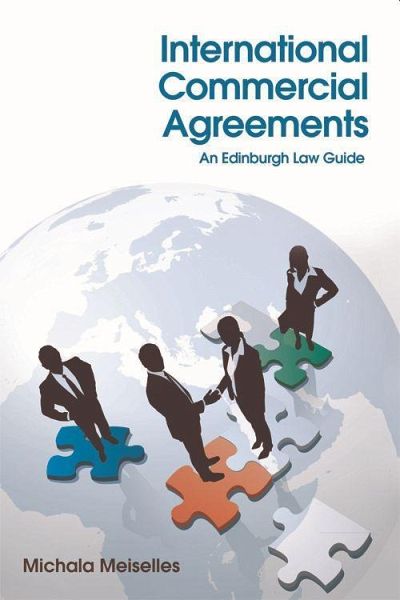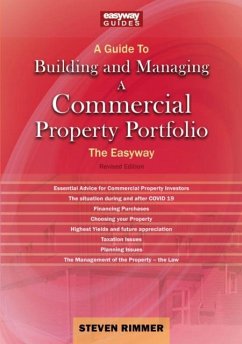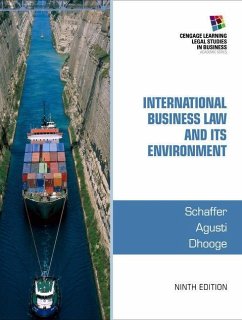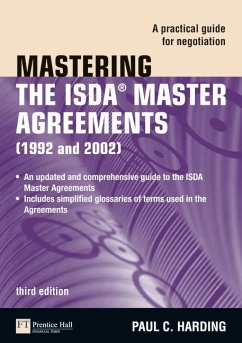Nicht lieferbar

International Commercial Agreements
An Edinburgh Law Guide
Versandkostenfrei!
Nicht lieferbar
What considerations do you need to take into account when planning an international commercial agreement? What writing techniques will ensure that your contract is suited to your needs? What provisions should you include in such a contract? This book deals with these questions.
What considerations do you need to take into account when planning an agreement? What writing techniques will ensure that your contract is suited to your needs? What provisions should you include in such a contract? Michala Meiselles answers these questions in an easy-to-use, clear and concise fashion.













